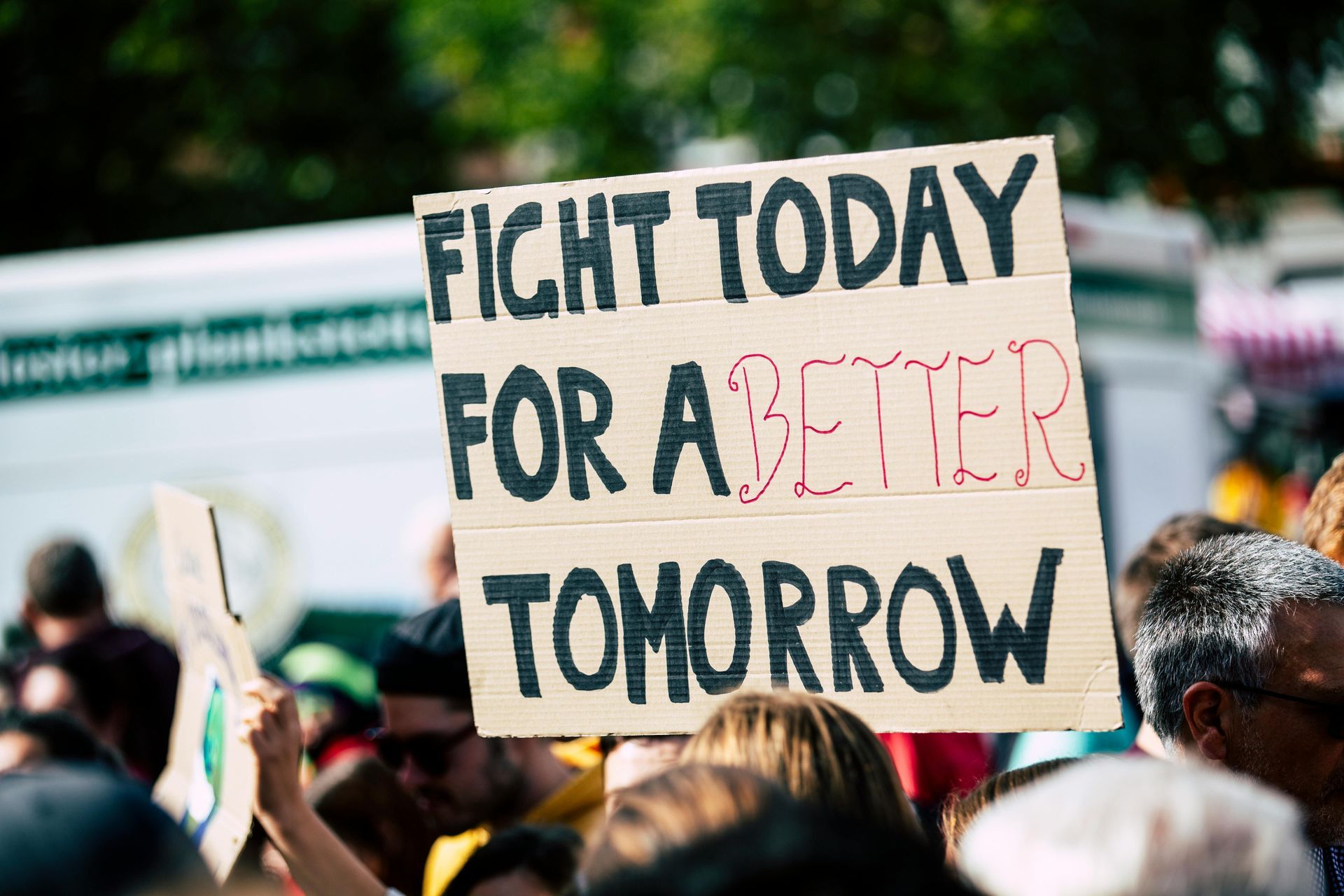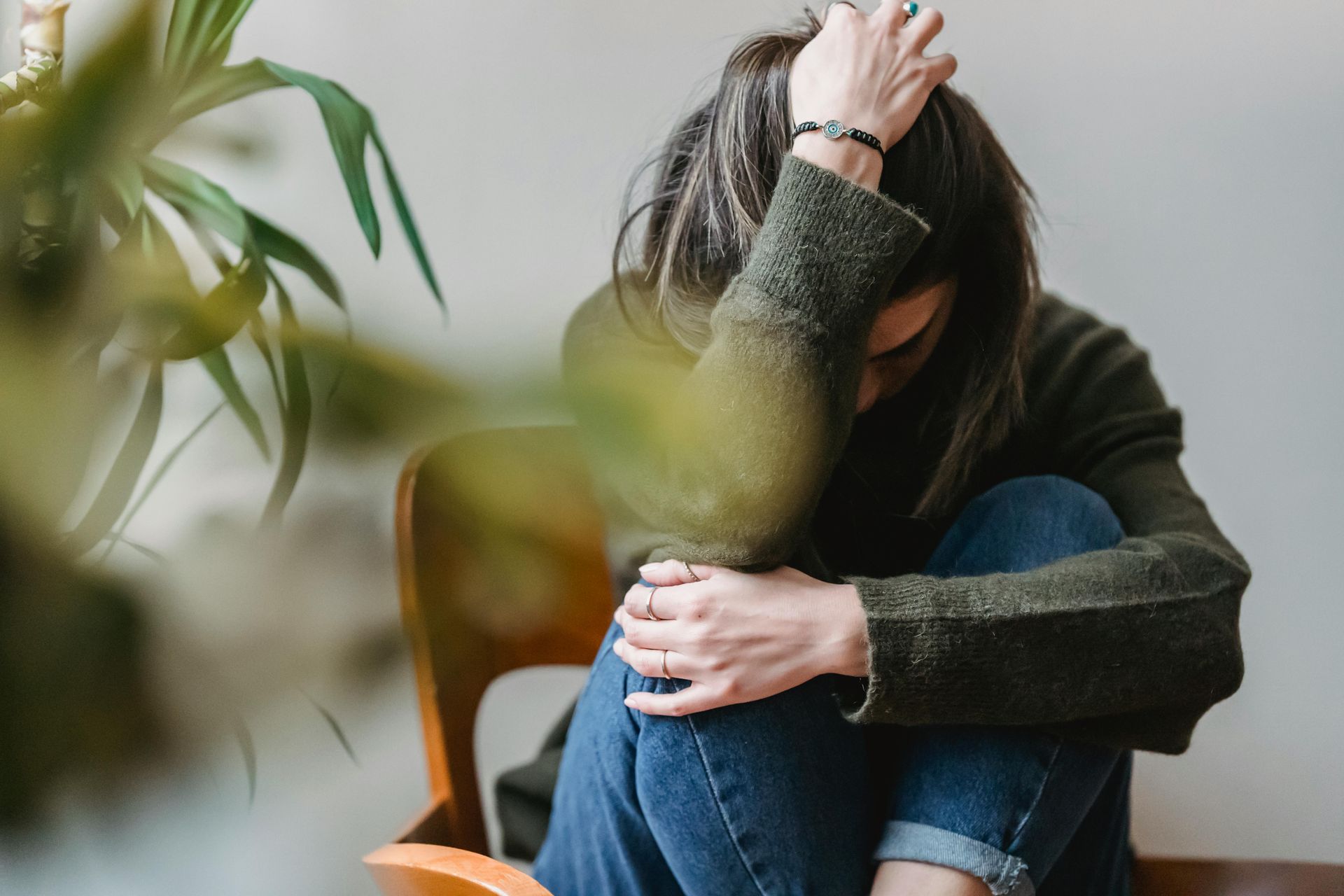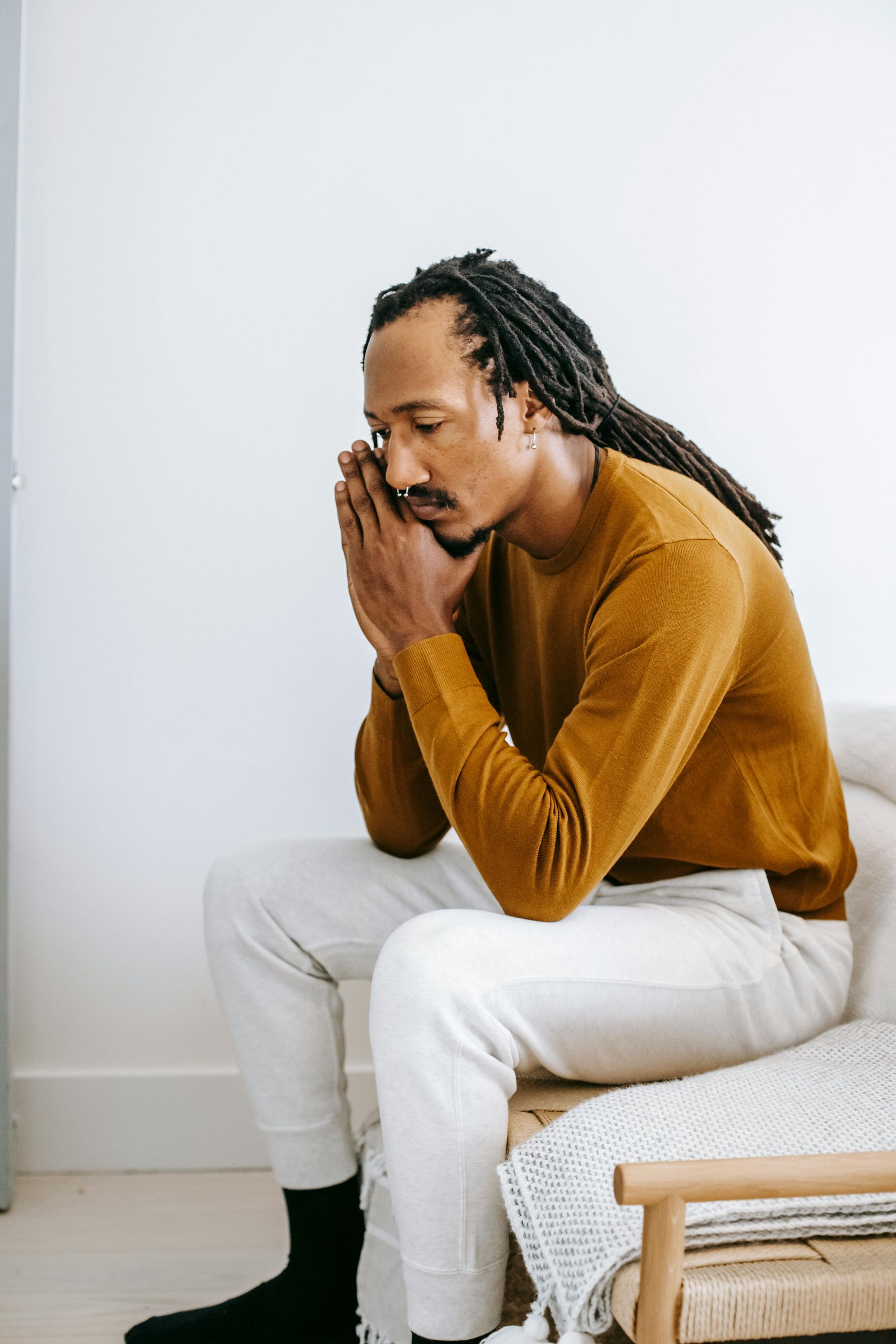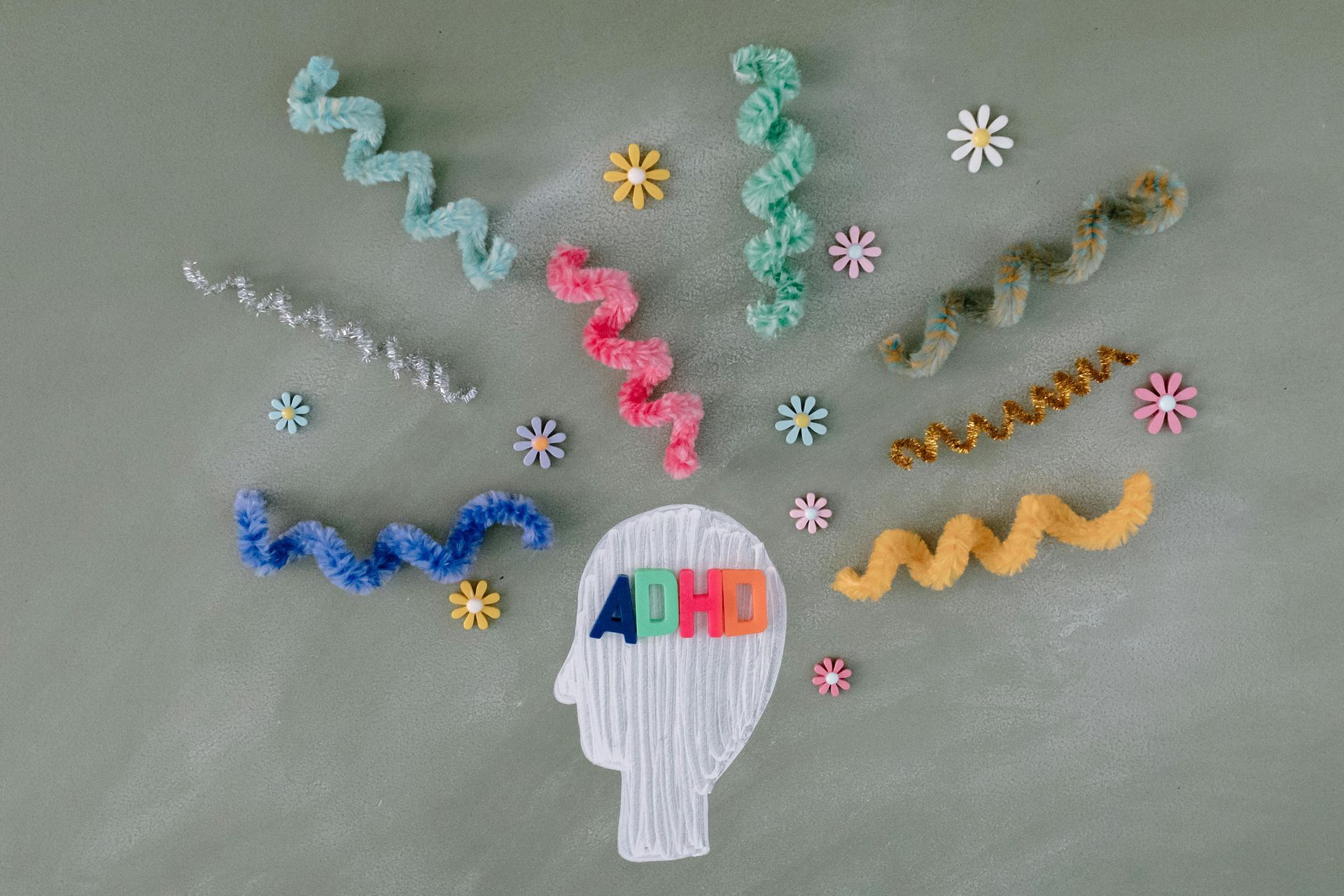Building Networks of Care: Reclaiming Mental Health Support in Our Communities
TL;DR
Healing is not just an individual journey—it’s a collective responsibility. Mental health is deeply shaped by the environments we live in, the support systems around us, and the ways we care for one another. If we want to create a healthier world, we must:
✅ Recognize that healing happens in community, not isolation.
✅ Break the stigma around mental health by normalizing open conversations.
✅ Expand access to care beyond traditional therapy and medical models.
✅ Build networks of care that support people in ways institutions often fail to.
✅ Advocate for policies that center community well-being.
Healing isn’t just about self-care—it’s about collective care. When we uplift each other, we all thrive. Read on to explore how we can shift the conversation around mental health from individual struggle to shared responsibility.
Healing Is a Collective Responsibility
For too long, mental health has been framed as an individual issue—something to be fixed through therapy, medication, or personal effort. While personal healing is important, true well-being is deeply connected to the communities we live in. At KindPath, we believe that healing is a collective responsibility. No one heals in isolation. Whether through relationships, shared experiences, or acts of care, our mental health is shaped by the support systems we build around us. It’s time to shift the conversation from self-reliance to collective care, from isolation to interdependence.
Healing Happens in Community, Not Isolation
Society often tells us that healing is a solo journey—that we need to “work on ourselves” before seeking help from others. But the truth is, we heal best when we are seen, heard, and held by those who understand us. Peer support, community gatherings, and shared spaces for healing offer something that no individual therapy session can fully provide: a sense of belonging. Whether it’s through support groups, intergenerational mentorship, or simply having a safe space to express emotions, healing is most effective when it happens in relationship with others.
Breaking the Stigma: Mental Health Is Everyone’s Business
Stigma isolates people. When mental health struggles are treated as personal failings rather than collective challenges, individuals feel ashamed to seek help. We must create a culture where talking about mental health is normal, safe, and encouraged. This means having open conversations, ensuring mental health education is accessible in schools and workplaces, and amplifying the voices of those with lived experiences. When we shift the narrative from “mental health is a personal issue” to “mental health is a community priority,” we create space for healing without shame.
Expanding Access: Healing Beyond Traditional Models
For many, therapy and psychiatric care are inaccessible due to cost, cultural stigma, or systemic barriers. This is why expanding mental health care beyond traditional models is so important. Mutual aid networks, trauma-informed community spaces, and culturally rooted healing practices are all valid and necessary forms of support. We need to recognize that mental health care isn’t just about therapy—it’s about creating systems of care that meet people where they are. Healing should not be a privilege; it should be a human right.
Building Networks of Care: Supporting One Another
Self-care is important, but community care is essential. No one should have to rely only on their own strength to get through difficult times. We all have the ability to be a source of support for someone else. This can be as simple as checking in on a friend, offering a meal to a neighbor in crisis, or creating spaces where people feel safe to be vulnerable. Healing is scalable—it grows stronger when we lift each other up. When communities build networks of care, people don’t have to struggle alone.
Advocating for Systemic Change: Mental Health as a Social Justice Issue
Healing isn’t just personal—it’s political. Economic instability, racial injustice, housing insecurity, and lack of healthcare all impact mental health. If we want true healing, we must address these systemic barriers. This means advocating for affordable and community-based mental health services, decriminalizing mental health crises, and pushing for policies that prioritize well-being over punishment. We cannot ask people to heal in a world that continues to harm them. Systemic change is a necessary part of collective healing.
A Collective Commitment to Healing
Healing is not something we do alone. It is something we do together. When we break the stigma, expand access to care, build support networks, and fight for systemic change, we create a world where healing is not just possible—it’s expected and embraced. At KindPath, we believe in the power of collective care. If you’re struggling, know this: you don’t have to do it alone. Together, we can shift the culture of mental health from isolation to community-driven healing.
How do you practice collective care? Let’s keep the conversation going. 💙 #HealingTogether #MentalHealthMatters #CommunityCare #KindPath #CollectiveWellness


Career
Open Positions (Coming Soon!)
Media
press@kindpath.health
Support
support@kindpath.health
The Kindred Collective












